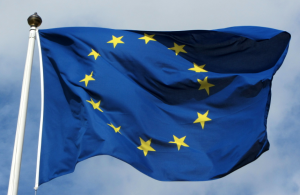 Last week, the European Union held an Estonian news website liable for anonymous comments posted by third parties on its site.
Last week, the European Union held an Estonian news website liable for anonymous comments posted by third parties on its site.
The EU case concerned a 2006 article published on the Estonian news site Delfi. The article was about changes to a Northern Europe ferry company’s travel routes. Because the route alterations would cause delay and make traveling more expensive, a number of angry commentators left “highly threatening or threatening posts” in response to the article.
The owner of the ferry company sued Delfi for defamation and was awarded €320, or $433 in USD. Delfi, arguing that it was not responsible for the comments, appealed to the EU.
The EU recently upheld the Estonian court’s judgment, holding that the website’s freedom of expression rights, governed by Article 10 of the European Convention on Human Rights, were not violated by the ruling. The EU court explained that freedom of expression rights may be interfered in order to protect an individual’s reputation so long as the intervention is “proportionate to the circumstances.”
In analyzing whether intervention is proportionate to the circumstances, the EU analyzed four issues: (1) the context of the posts; (2) steps taken to prevent publication of defamatory comments; (3) whether the authors of the posts could be made liable for their posts; and (4) the consequences of holding Delfi liable. In concluding its analysis, the EU court held that the lower court’s ruling was justified and proportionate to interference with Delfi’s Article 10 rights.
Samantha Scheller is a 2L at UNC Law.
(Image courtesy of Flickr user MPD01605 pursuant to a Creative Commons CC BY 2.0 license.)


